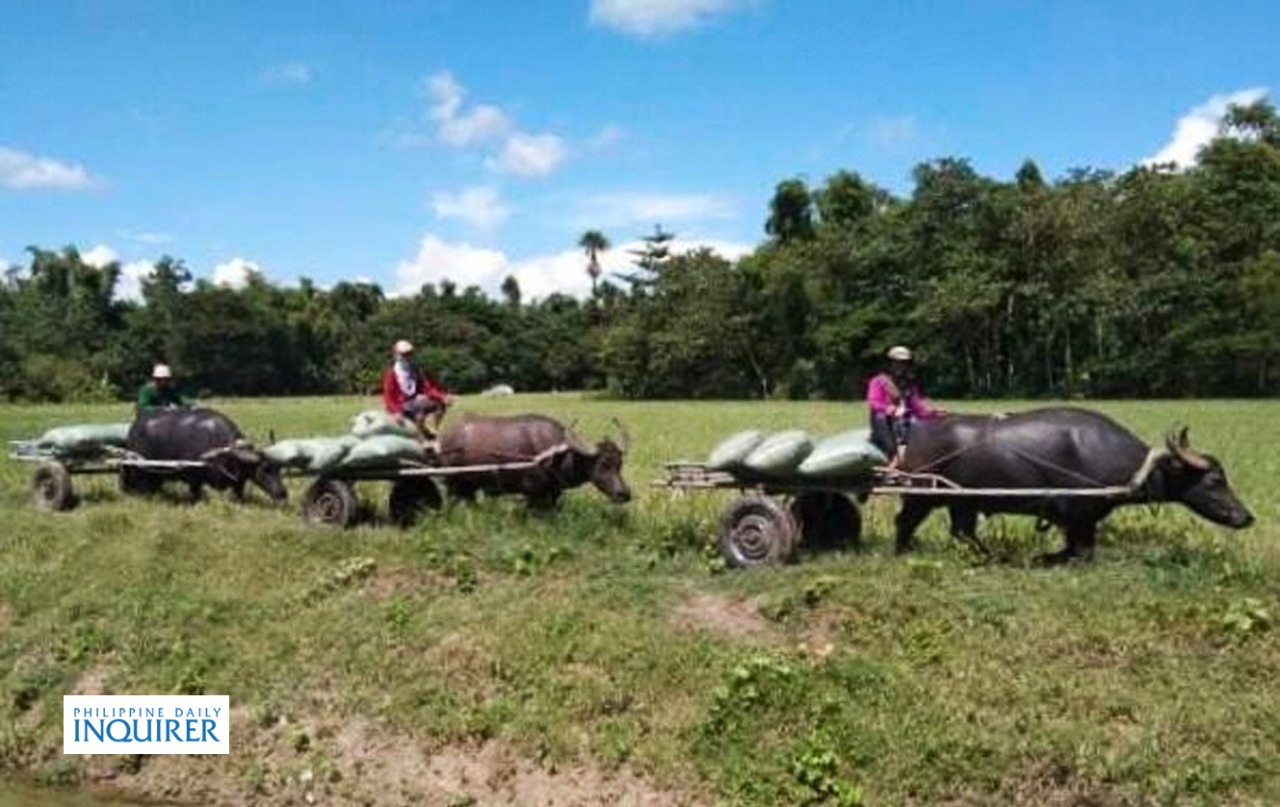House bill seen to lower rice prices passed on 3rd reading
MANILA, Philippines — The House of Representatives passed on the third and final reading on Tuesday the measure amending Republic Act No. 11203, or the Rice Tariffication Law (RTL), which would restore the National Food Authority’s (NFA) functions in stabilizing rice prices and extend the rice industry fund for another six years.
A total of 231 lawmakers voted in favor of House Bill No. 10381, with three against and one abstention. The bill is seen as a remedy to the widening gap between rice retail and farm-gate prices, which has seen the market cost rising to over P50 a kilo.
But Camarines Sur Rep. Gabriel Bordado Jr., the only one who abstained from voting, said he was not convinced that reinstating the NFA’s functions was the right move to bring down rice prices.
READ: Senate urged to adopt House version of rice tariff law amendments
Lawmaker doubtful
He noted that even before the RTL was enacted in 2019, the agency was already struggling to “effectively regulate the rice sector and protect Filipino consumers and farmers.” When its function was reduced to ensuring that the country had a sufficient buffer stock for emergencies, the NFA continued to be faced with allegations of irregularities, he added.
Article continues after this advertisement“Given the agency’s troubled past, it is difficult to have confidence in its ability to fill this role effectively,” Bordado said.
Article continues after this advertisementGabriela women’s party list Rep. Arlene Brosas, who voted against the bill, explained that she wanted RA 11203 repealed, blaming the law for the country’s low rice production and dependence on importations to meet local demand.
Brosas said that millions of metric tons of rice have been imported since 2019, making the Philippines the world’s top rice importer, a ranking that the US Department of Agriculture had predicted would be maintained until 2025.
HB 10381 authorizes the NFA to require the registration and inspection of all grain warehouses to ensure compliance with standards related to rice quality and supply. It also restores the agency’s price stabilization and supply regulation functions.
The bill further empowers the NFA to regulate foreign investment in the rice and corn industry and maintain a sufficient buffer stock with rice bought from local farmers. Importation will be done only when authorized by the agriculture secretary.
HB 10381 also extends by another six years the Rice Competitiveness Enhancement Fund (RCEF) and raises the allocation from P10 billion to P15 billion. The RCEF coverage is likewise expanded to include irrigation and soil health development as well as pest and disease management.
